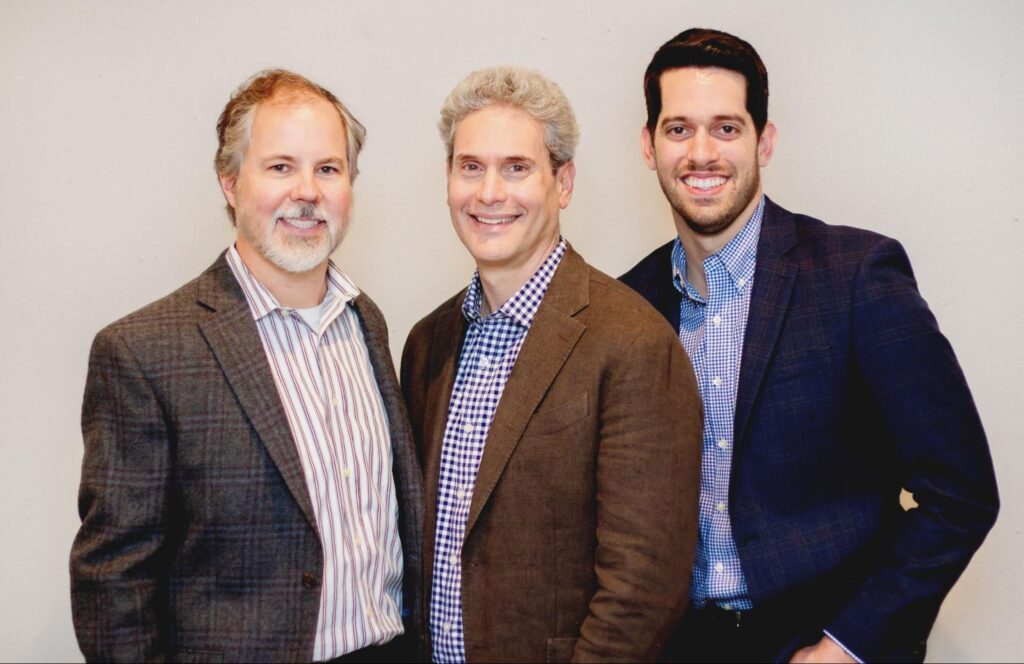If you aren’t quite sure what the difference between a dentist and an orthodontist is off the top of your head, there’s no need to be embarrassed. It’s a fairly common thing people get confused about. But here at Germantown Dental Group, we can tell you the difference and why you still need to see a dentist during orthodontic treatment.
Similarities and Differences
A lot of times, when people are searching for new dental treatment, they can initially find themselves puzzled while researching local offices online. So, what exactly is the difference? There are a number of distinctions between dentists and orthodontists.
- Dentists like Dr. Whittemore and Dr. Gruen at our office serve as general dental providers, like primary care physicians in the greater medical field, whereas specialists such as orthodontists are seen for more particular concerns. Dentists offer a wide range of services, focusing on the diagnosis and treatment of dental problems, including tooth decay, oral infections, and gum disease. Our duties include services like cleanings, fillings, and extractions, and can be for preventative, restorative and cosmetic purposes.
- Orthodontists are dentists who study additional subjects and specialize in identifying, preventing, and managing dental and facial irregularities, most commonly addressing issues like misaligned teeth. They take on the crucial role of rectifying and aligning smiles or correcting bite problems, usually handling treatments like braces and other orthodontic appliances.
Again, you typically start at a dentist’s office like ours and then are referred to an orthodontist. Our relationship is usually collaborative since our work can contribute to and inform one another.

Keeping Your Dentist In The Picture
Let’s say you are a patient of ours, and we find you’re dealing with serious misalignment of your teeth. We then send you to an orthodontist, and after evaluation, a decision is made to get traditional metal braces.
You will always have frequent follow-up appointments with your orthodontist throughout this manner of treatment since that appliance usually requires regular adjustment, observation, and possibly repair. But you should also continue to attend regular appointments with Dr. Whittemore or Dr. Gruen. Let’s look closer into why:
- Oral Health: Orthodontic appliances make maintaining oral hygiene more tedious for the majority of patients. Food particles get trapped in the components of traditional braces or in clear aligner trays and can accelerate the risk of tooth decay and gum disease. Our team helps provide guidance on how to keep your oral health excellent and effective.
- Dental Check-Ups: Routine check-ups are also vital to addressing oral health. We can identify any emergency issues, like infections. The success of your orthodontic treatment can rely in part on these issues getting resolved in a timely manner.
- Cavity Detection: When cavities develop while you have an orthodontic appliance, they can be more difficult to treat, which is why it’s important to see us so we can find and fix them as soon as possible.
- Professional Cleanings: Our doctors and our dental hygienists provide thorough cleanings to remove plaque and tartar buildup. Again, orthodontic appliances usually mean more difficulty cleaning, so we can always help with this process.
- Preventative Care: We’re able to give you preventative treatments, such as dental sealants and fluoride treatments, which prevent decay. These methods help when your teeth are at their most vulnerable.
- Orthodontic Adjustments: We’ll work with your orthodontist to help monitor your device for any adjustments you need while you’re in our office. For instance, if you’re being disturbed by some aspect of your treatment and find you have an appointment with us sooner than your orthodontist, we may still be able to help you in some way.
- Detection of Bite Issues: Our team helps you to measure progress with bite alignment, ensuring everything is working as intended.
- Emergencies: Dental emergencies can happen at any time, and you should always have a dentist available for a prompt solution. Broken brackets, wires, or other components often need immediate attention and can prevent delays in your overall treatment.
Another way we collaborate with your orthodontist is in the creation of a comprehensive treatment plan. If you need any extractions, restorations, or other dental work in conjunction with your orthodontic treatment, we’ll be in direct contact to coordinate your care in the best way.

A Team Effort
Now you understand what distinguishes a dentist from an orthodontist—and the important role your dentist plays in any orthodontic treatment. Teamwork does, in fact, make your smile-related dreams work. Germantown Dental Group is proud to serve you with or without orthodontic treatment factored in. You can set up an appointment by reaching us at (901) 754-0540.
 Schedule Now
901-754-0540
Schedule Now
901-754-0540
